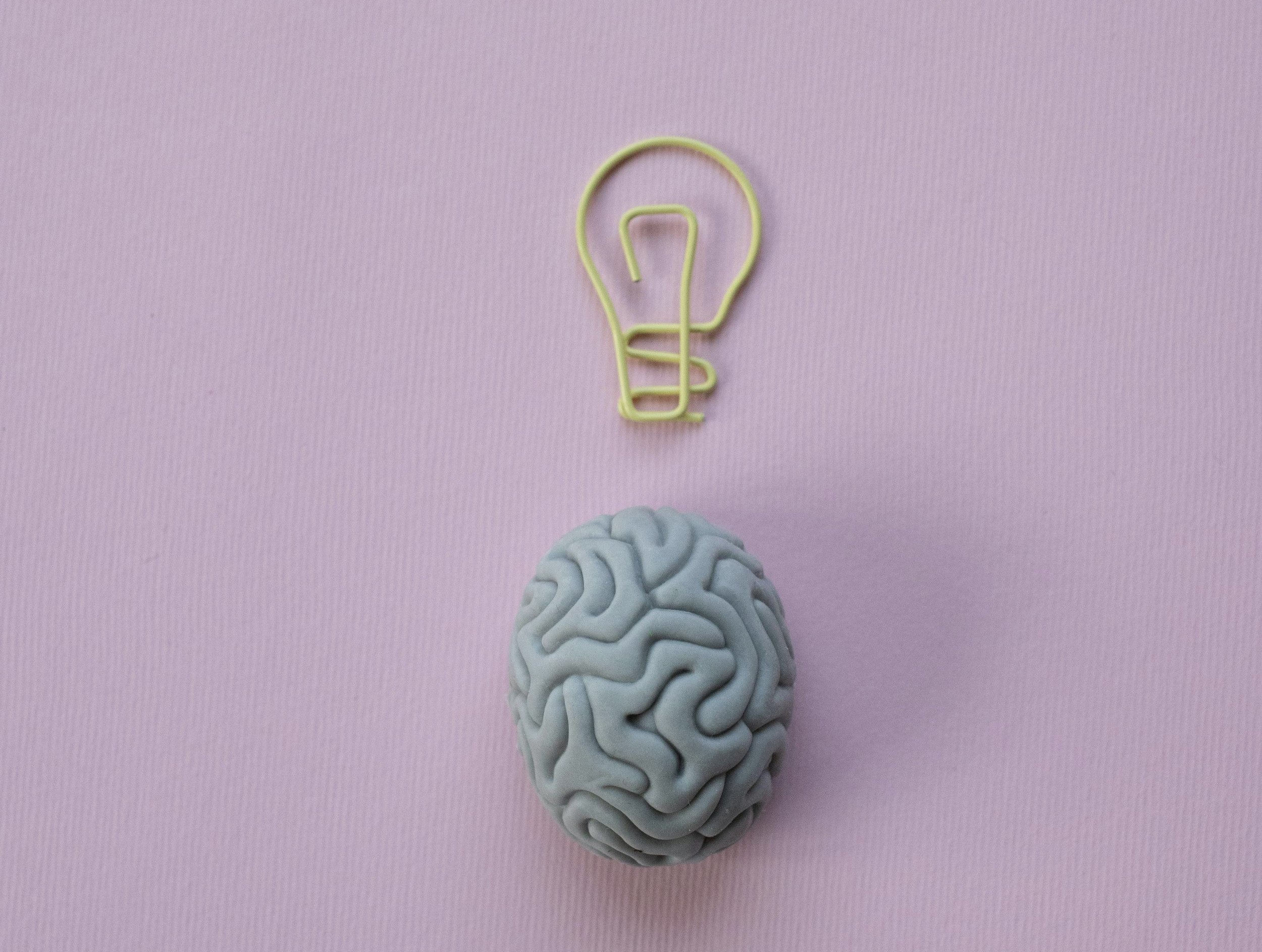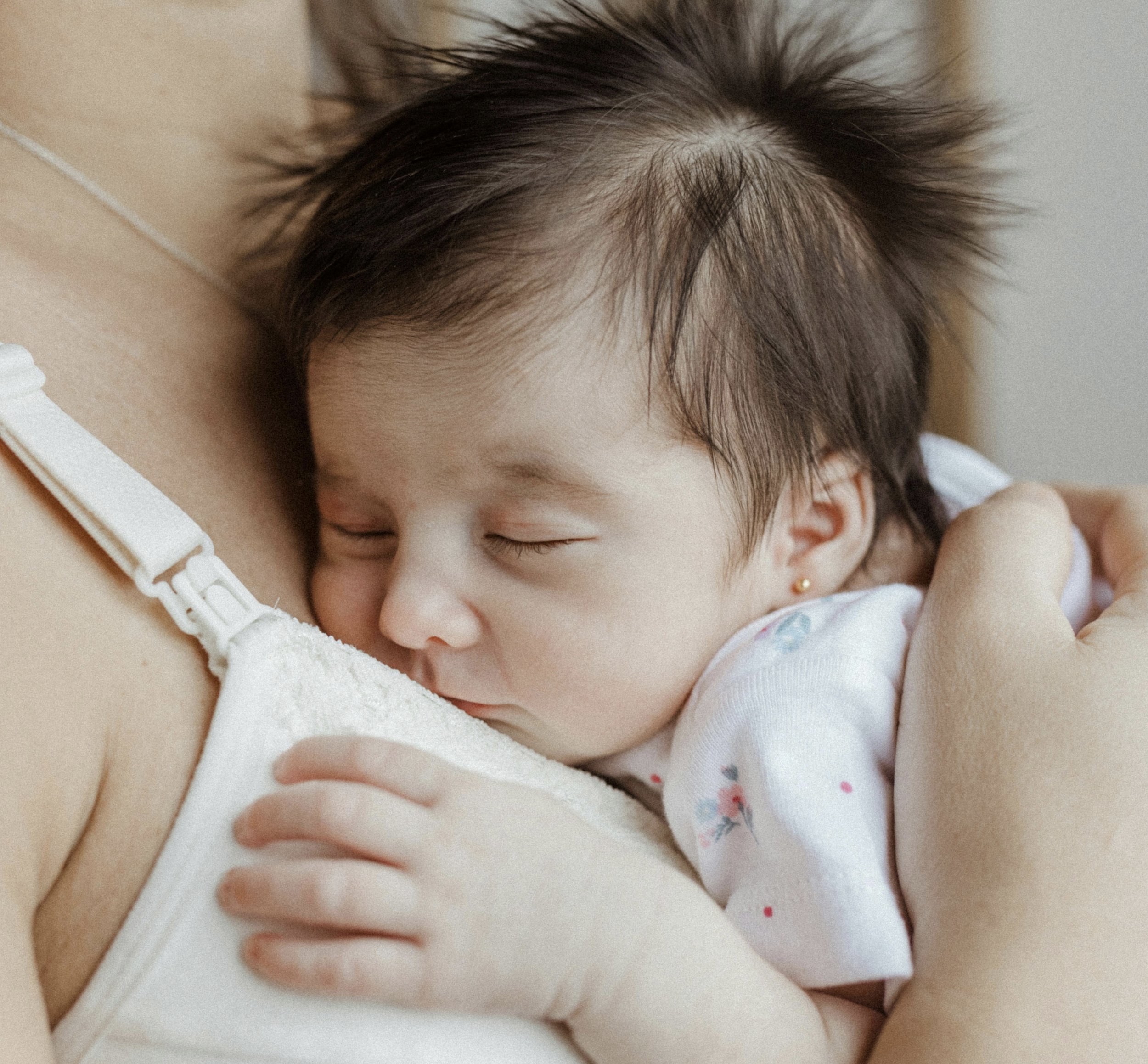
The Cortisol Curve: Stress Regulation and Adrenal Fatigue in New Mothers
Motherhood is beautiful—but it’s also biologically intense. Behind the midnight feeds and nappy changes, your body is managing something monumental: cortisol regulation. This essential hormone drives your ability to cope, adapt, and recover—yet for many new mothers, the cortisol curve gets disrupted. The result? Burnout, overwhelm, and in some cases, adrenal fatigue.

Neuroplasticity & Motherhood: How Your Brain Rewires Postpartum
Becoming a mother doesn’t just change your lifestyle—it quite literally reshapes your brain. Thanks to a powerful phenomenon called neuroplasticity, the postpartum period is marked by fascinating changes in neural structure and function. But what does this mean for your day-to-day life as a new mum?

Nutrient Partitioning in Pregnancy: Why Your Body Feeds Baby First
Pregnancy is often described as miraculous — and when you look at how the body manages nutrients, it’s not hard to see why.
From the moment of implantation, your body begins a process called nutrient partitioning. It’s a biological strategy that ensures your baby gets the nutrients they need to grow, often even at your own expense.

Prepping Your Gut for Pregnancy: The Microbiome-Fertility Connection
Your gut microbiome — the ecosystem of trillions of bacteria in your digestive tract — affects nutrient absorption, hormone regulation, inflammation, and immune function. Each of these processes contributes to your fertility and your body’s ability to support a healthy pregnancy.

Postpartum Thermoregulation: Why You’re Sweating, Shivering, or Freezing
You’ve just had a baby, your body’s been through a monumental event, and suddenly you’re waking up drenched in sweat — or shivering under three blankets. These unexpected postpartum temperature shifts are more common than you might think.

How to Prepare for Your Postnatal Recovery Before Giving Birth
There’s a great deal of emphasis placed on planning for labour—what to pack in the hospital bag, understanding the stages of birth, learning about pain relief. But the truth is, birth is just the beginning. What follows, often with less guidance, is the fourth trimester: a time of physical healing, hormonal recalibration, emotional shift, and learning how to care for a newborn while also caring for yourself.

How Sharing Your Birth Story Can Help You Heal
Childbirth is a profound physiological and psychological event. While it’s often romanticised in culture, the reality is far more complex. For many women, birth leaves behind not just stretch marks and scars—but psychological imprints that quietly shape their postpartum experience.

What to Ask at Your 6-Week Postnatal Check-Up
The six-week postnatal check-up marks a pivotal moment in your recovery journey. It’s more than a tick-box on your postpartum calendar—it’s a chance to refocus on your health, body, and emotional well-being after giving birth. Whether your experience was smooth or complicated, this appointment is a space to ask honest questions and advocate for your care.

5 Ways to Support Your Mental Health After Giving Birth
Giving birth is a transformative experience, both emotionally and physically. As joyful as welcoming a new baby can be, it’s also a time of significant adjustment and vulnerability. Supporting your mental health postnatally is just as vital as caring for your physical recovery. Here are five effective ways to nurture your mental wellbeing after giving birth.

7 Signs You Might Be Experiencing Postnatal Anxiety
Welcoming a baby into the world is a monumental life event. While many new mums expect to feel joy and fulfilment, it’s not unusual to feel overwhelmed, worried, or even fearful. These feelings can go beyond the common "baby blues"—you may be experiencing postnatal anxiety.

Matrescence: The Psychology of Becoming a Mother
Before I became a mother, I had no idea there was a word for what I was going through. I knew my body would change — I’d read all about birth, feeding and baby sleep routines. But no one warned me that I might feel like a stranger to myself. That my sense of identity would stretch and shift just as much as my skin had during pregnancy.

Postnatal Nutrient Depletion: What Mothers Need to Replenish
Growing, birthing, and feeding a baby takes an enormous toll on the body. After birth, many mums experience a steep drop in key nutrients—a phenomenon known as postnatal nutrient depletion. This isn’t just “new mum tiredness.” It’s a physiological gap that, if left unaddressed, can undermine healing, hormone balance, mental clarity, and emotional resilience.

